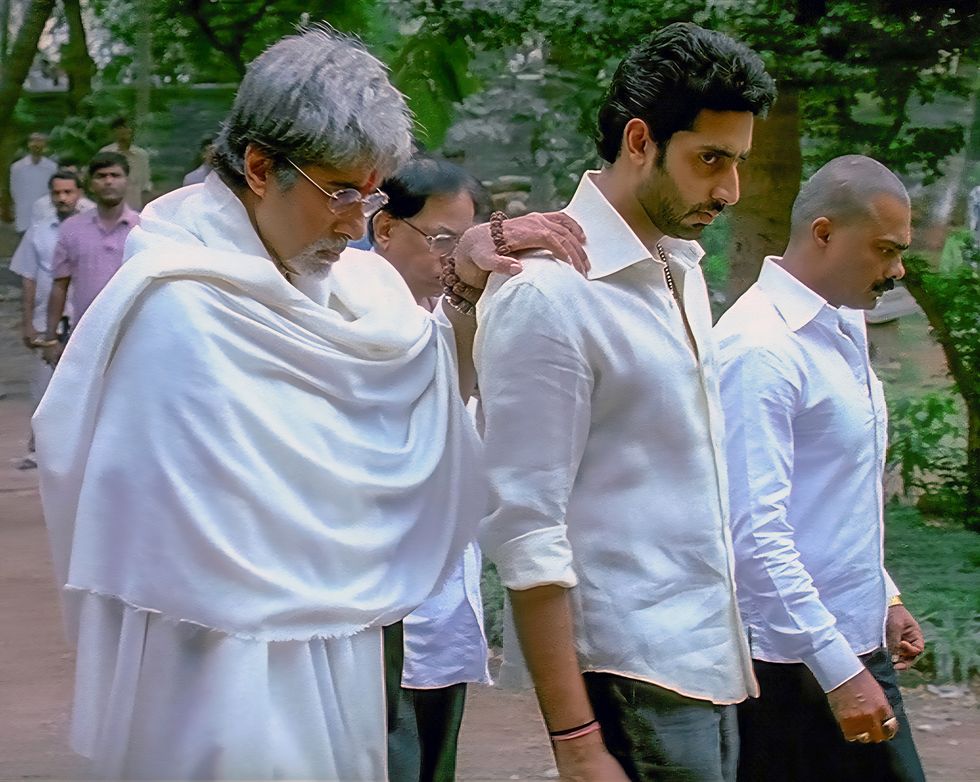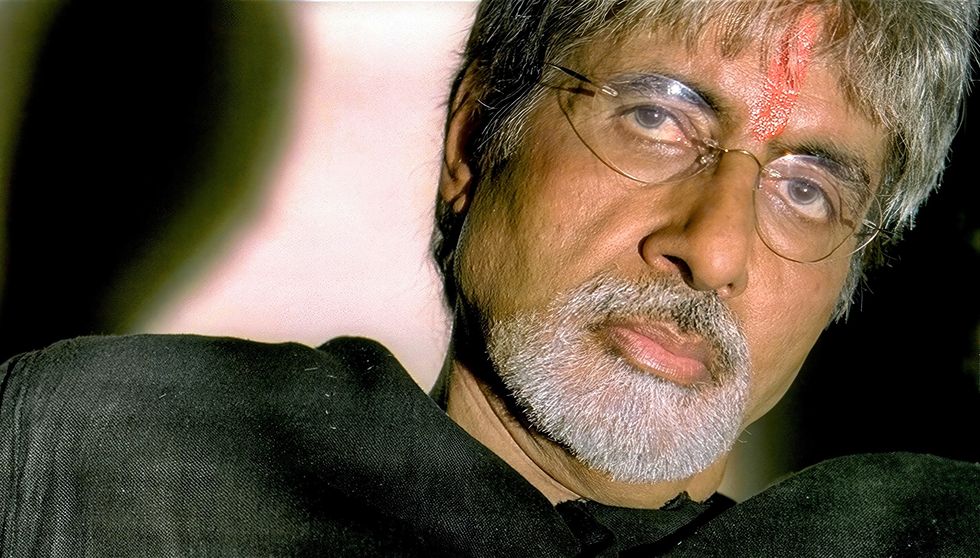FOR Zayneb Haleem, digital illustrating began as a way to pass time while expecting her second child, but her artwork has since attracted a huge social media following and a first book, titled Dear Moon.
Often paired with inspirational quotes from the Qu’ran, her illustrations are especially popular within the Muslim community.
Dear Moon features a collection of her most loved as well as brand-new illustrations.
“I’ve been into art since I was a child, doodling here and there, but as an artist, my interests changed over time into things like weaving and needling,” Haleem told Eastern Eye.
“When I was expecting my daughter, I couldn’t do a lot of things because my movement was limited. I couldn’t do traditional art with paint, so I just picked up my phone and I drew something digitally with my finger and sent it to my husband who was really impressed. And that’s how it all started.”
Initially, she admits she was “self-conscious” of others seeing her work. She created an Instagram page, but didn’t disclose she was the author nor use techniques such as hashtags to promote her artwork.
“I didn’t want anyone to know who I am. But little by little, the support and attention grew, people wanted to see more and more, and my confidence grew,” she said.
Her Instagram page, Idotdoodle, has almost 270,000 followers now. She gives an insight into her thought process when creating her illustrations and accompanying quotes.
“It’s my art journal. When I see something in the Qu’ran and I get inspired, or a message I needed at that time, I keep reminding myself of the quote whilst I draw and that’s how they come together,” she said.
Her first project outside of her Idotdoodle was Maymoona’s Moon:
A Special Eid Story – a children’s picture book about the end of Ramadan, and waiting for Eid to begin; it was written by Razeena Omar Guta and Haleem did the illustrations.
Dear Moon, a project that took a year to complete, has been written and illustrated by Haleem. The book follows the journey of Zayneb’s recurring character from Idotdoodle of a young hijabi girl and encourages readers to reflect on their own journeys, celebrating how far they’ve come, appreciating where they are right now, and looking to the future.
“I’ve always wanted reminders, messages, inspirational quotes in a book form, but also combining that with illustrations, because I’ve always been a visual learner,” she said.
“The book goes in a seasonal journey which is reflected in the illustrations. And we’ve accompanied them with nice quotes from the Qu’ran and my personal quotes as well that are there to inspire people and help them get through the good and bad times in life.”
The young hijabi character in Dear Moon doesn’t have a name – it was a conscious decision on Haleem’s part as she wanted to the character to be relatable to anyone.
“I always get asked about the character’s name,” she said.
“As an artist, when I draw an illustration and put it out, I feel like it’s to the person who is looking at it. It’s up to them to consume the art and relate with it.”
The cover of her new bookHaleem was born and raised in Sri Lanka. She has been living in the UK for a decade and said one of the reasons for focusing on a character who wears a hijab was to break stereotypes around the garment. She said non-Muslims wanted to find out more about her artwork and faith.
“I know the importance of being seen and heard,” Haleem said.
“Women that wear a hijab are no different to any other woman. They are smart, courageous and are pushing boundaries in all walks of life.
“When I started the page, I wanted people to see a side of our faith that had a little bit of humour, inspiring quotes, everyday life – it (representation of Islam) doesn’t always have to be harsh and strong, it can be a soft and little bit playful too.”
Haleem added that representation has always been important to her as growing up, as she did not see hijabi characters in bookstores.
“As a child, it would have been so inspiring to me. It’s like giving that little bit of hope and little bit of guidance, a little bit of inspiration to anyone who is looking at my book, it’s really important to have that in our community,” Haleem said.
She’s seen the impact her artwork on the community.
“The other day, I got a DM (direct message) from a young adult who said her grandfather wants her to be an artist, like a digital illustrator or an animator. She showed my account to him to show there are people like me who are doing what she wants to do and he was really impressed,” said Haleem.
“It’s those things that really touch my heart,” she added.
Dear Moon is available to buy from December 5.






 Lunchbox is a powerful one-woman show that tackles themes of identity, race, bullying and belongingInstagram/ lubnakerr
Lunchbox is a powerful one-woman show that tackles themes of identity, race, bullying and belongingInstagram/ lubnakerr She says, ''do not assume you know what is going on in people’s lives behind closed doors''Instagram/ lubnakerr
She says, ''do not assume you know what is going on in people’s lives behind closed doors''Instagram/ lubnakerr








 He says "immigrants are the lifeblood of this country"Instagram/ itsmetawseef
He says "immigrants are the lifeblood of this country"Instagram/ itsmetawseef This book is, in a way, a love letter to how they raised meInstagram/ itsmetawseef
This book is, in a way, a love letter to how they raised meInstagram/ itsmetawseef
 The crew of The Ministry of Lesbian Affairs
The crew of The Ministry of Lesbian Affairs
 A still from Sarkar, inspired by 'The Godfather' and rooted in Indian politicsIndia Glitz
A still from Sarkar, inspired by 'The Godfather' and rooted in Indian politicsIndia Glitz Sarkar became a landmark gangster film in Indian cinemaIndia Glitz
Sarkar became a landmark gangster film in Indian cinemaIndia Glitz The film introduced a uniquely Indian take on the mafia genreRotten Tomatoes
The film introduced a uniquely Indian take on the mafia genreRotten Tomatoes Set in Mumbai, Sarkar portrayed the dark world of parallel justiceRotten Tomatoes
Set in Mumbai, Sarkar portrayed the dark world of parallel justiceRotten Tomatoes Ram Gopal Varma’s Sarkar marked 20 years of influence and acclaimIMDb
Ram Gopal Varma’s Sarkar marked 20 years of influence and acclaimIMDb
 The statues were the product of a transatlantic effortGetty Iamges
The statues were the product of a transatlantic effortGetty Iamges